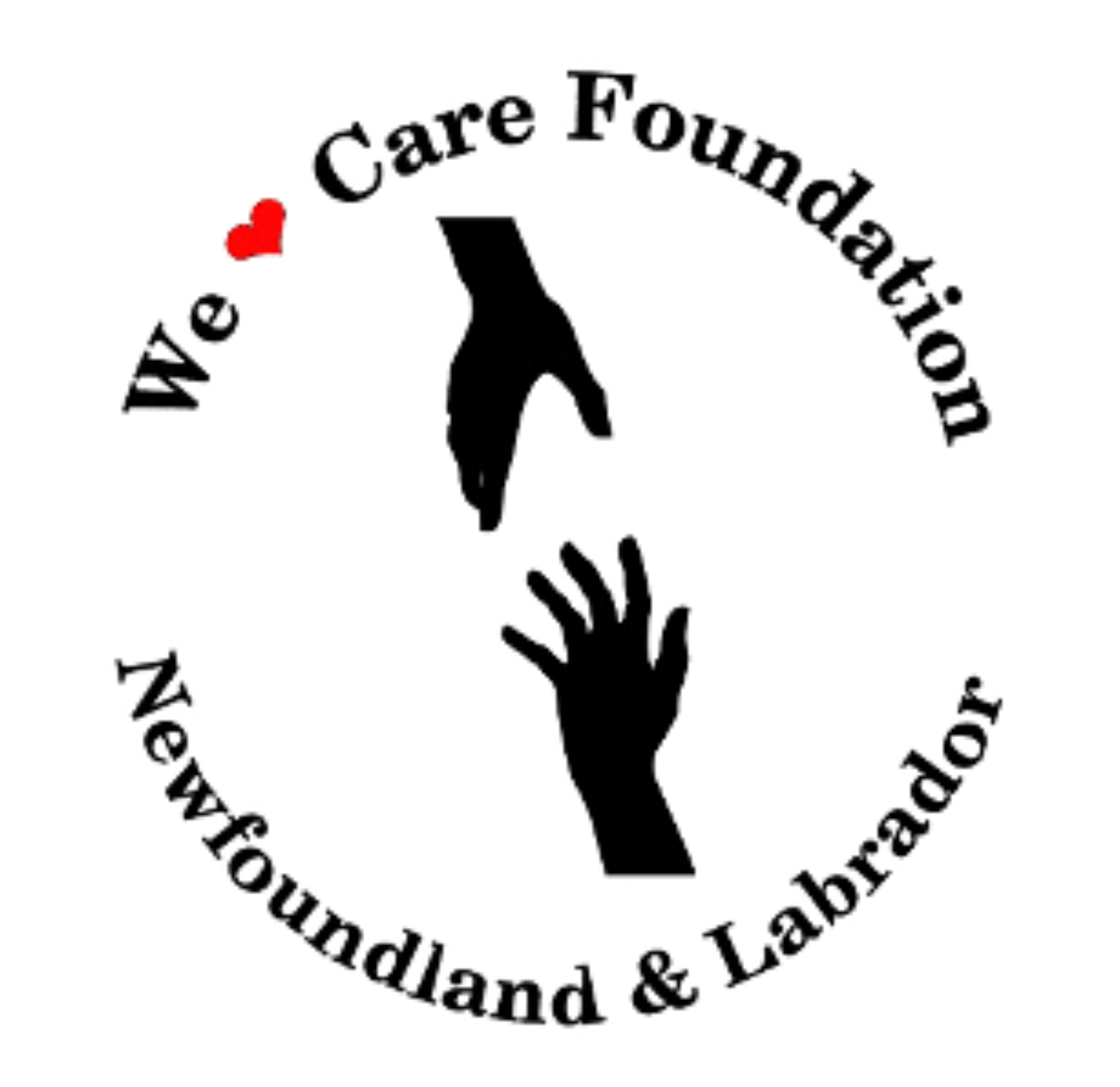Turning Compassion into Action
At We Care, we believe in a simple truth: when people are cared for, communities thrive. It…
At We Care, we believe in a simple truth: when people are cared for, communities thrive.
It sounds like a big vision—and it is. But real change starts small. One food hamper. One mentoring session. One kind word to someone who feels unseen. Over time, these “small” actions ripple out into a wave of impact that transforms lives.
We Don’t Just Talk Care. We Practice It. Every day, people around us face challenges that go unseen—gender-based violence, poverty, isolation, lack of access to education. These issues don’t just affect individuals. They affect whole families and entire communities.
At We Care, here’s what we’re doing about it:
- Supporting Survivors of Gender-Based Violence
We don’t just provide shelter or counseling—we build holistic programs that restore dignity and help survivors regain control of their lives. - Empowering Through Education
From after-school tutoring to adult literacy programs, we equip people with the tools they need to dream again and take steps toward independence. - Fighting Poverty with Skills and Support
Job skills training, business mentorship, and basic necessities like hygiene kits or food hampers—because no one should have to choose between safety and survival. - Creating Safe Spaces for the Marginalized
We work closely with immigrant, refugee, and racialized communities—including 2SLGBTQIA+ individuals—to build programs that are inclusive, culturally relevant, and deeply human. - Building Confidence Through Opportunity
Every time we offer someone a chance to volunteer, attend a workshop, or join a program, we’re not just giving them a resource—we’re telling them: you matter here.
And over the years, we’ve learned that…
- Care is action. Empathy isn’t just feeling sorry. It’s asking, “What can I do right now to help?”
- You don’t need a big budget to create impact. You’d be surprised how much change can come from your time, voice, or even just sharing useful information.
- Systems change when people do. We can’t fix everything at once. But we can shift things by showing up for our neighbors, speaking up against injustice, and building programs that serve, not just check boxes.
What Can You Do Now?
- Volunteer. Got time or skills to share? Someone out there needs exactly what you bring.
- Donate. No amount is too small. It all adds up to real lives changed.
- Use your voice. Share our work. Talk about these issues. Start conversations. Be the bridge
Our world needs more care. More showing up. More choosing action over apathy. And it starts with each of us asking, “How can I be part of the solution?”
